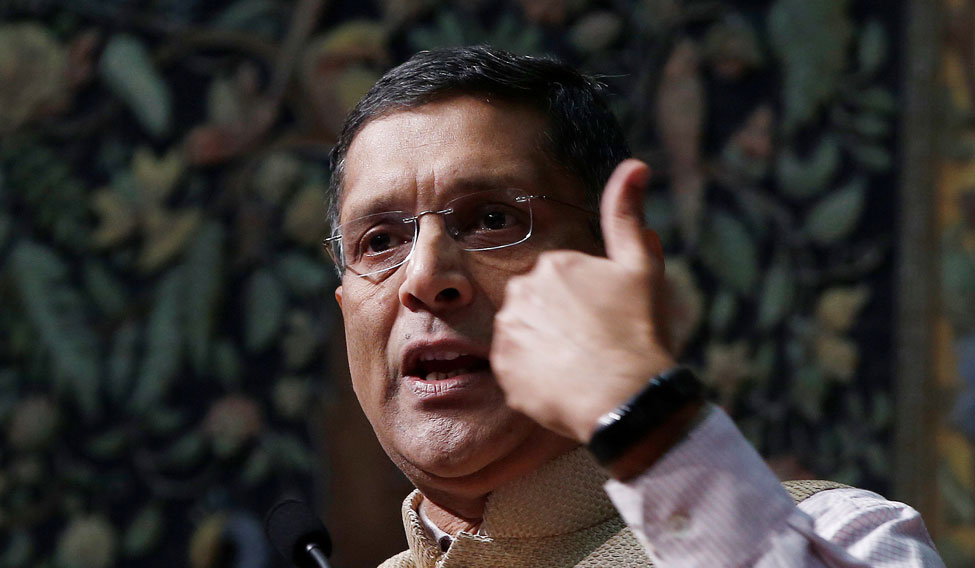India may have jumped 30 ranks in World Bank's Ease of Doing Business report, but Chief Economic Advisor Arvind Subramanian made no bones that the "next frontier" in this regard will depend on how soon cases are settled. Economic Survey 2017-18 focuses on the need to address the issues of pendency, delays and backlogs in the appellate and judicial arenas towards this and suggests coordinated action between government and the judiciary to boost economic activity in the country.
Like the GST Council makes for cooperative federalism, Economic Survey suggests that a horizontal variant, which it calls "Cooperative Separation of Powers" that could be applied for a relationship between the judiciary on one hand, and the executive and legislature on the other.
Calling for a substantial increase in state spending on the modernisation and digitisation of judiciary, the Survey calls for large scale reforms and incremental improvements to combat this problem, "which is taking a large toll on the economy".
The Survey emphasizes the importance of an effective, efficient and expeditious contract enforcement regime for economic growth and development.
Among other steps suggested by the Survey are:
•Expanding judicial capacity in lower courts and reducing existing burden on High Courts and the Supreme Court.
•Considering its low success rate the tax department could exercise greater self restraint by limiting appeals.
•Building on the success of the Supreme Court, creating more subject-matter and stage-specific benches that allow the Court to build internal specialisation and efficiencies in combating pendency and delay.
•Courts could consider prioritising stayed cases, and impose stricter timelines within which cases with temporary injunctions may be decided, especially when involving government infrastructure projects.
•Improving Courts Case Management and Court Automation Systems.






